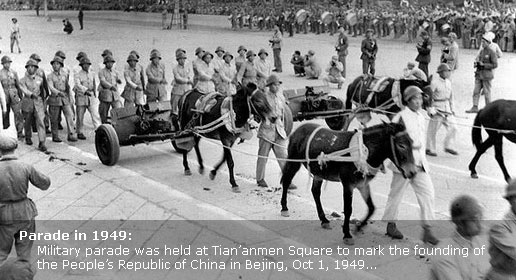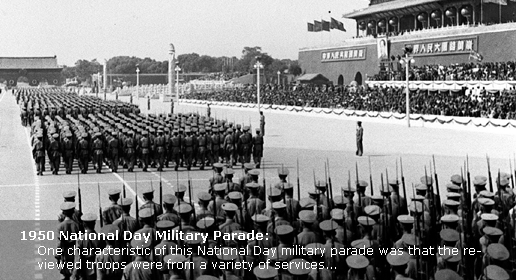60 People, 60 Stories
New musicians ready to rock
(China Daily)
Updated: 2009-09-30 10:10
A formidable new wave of musicians is taking China's music underground by storm. This burgeoning group of performers works tirelessly and in the process turns the ears of the international music community to Beijing.

They now constitute a fresh, independent voice in a country renowned for its breakneck speed of change and ancient cultural legacies.
For now, China remains a state of transition between the socialist idealism of old and an unflagging drive for wealth spurred by free-market reforms. This seemingly unbridgeable gap spurs creativity and weaves a new social fabric while provoking younger generations to greater artistic heights, especially in the realm of music.
Given the impressive industrialization, destruction and reconstruction of China's rapidly changing urban landscapes, it is probably no surprise that Beijing musicians are heavily influenced by the desperate no-wave sounds of New York in the late 1970s and early 1980s, as well as industrial Manchester in the 1980s.
The Beijing musicians have nonetheless reconfigured this urban Western vocabulary to fit with Beijing opera's traditional delight, with textural experimentation and China's centuries-long history of infatuation with shimmering melodic structures.
With the sound of broken-down machines cranking out lovely pop songs, the unique sound emerging from China's music underground illuminates the new social contract, aggressively questioning the moral and social basis of the urban modernity on which it subsists. Their highly lauded performances continue to rock China and will, very soon, do the same for the rest of the world.
Charles Saliba is the co-founder of the foreign-run, pioneer Chinese rock venue D-22.







